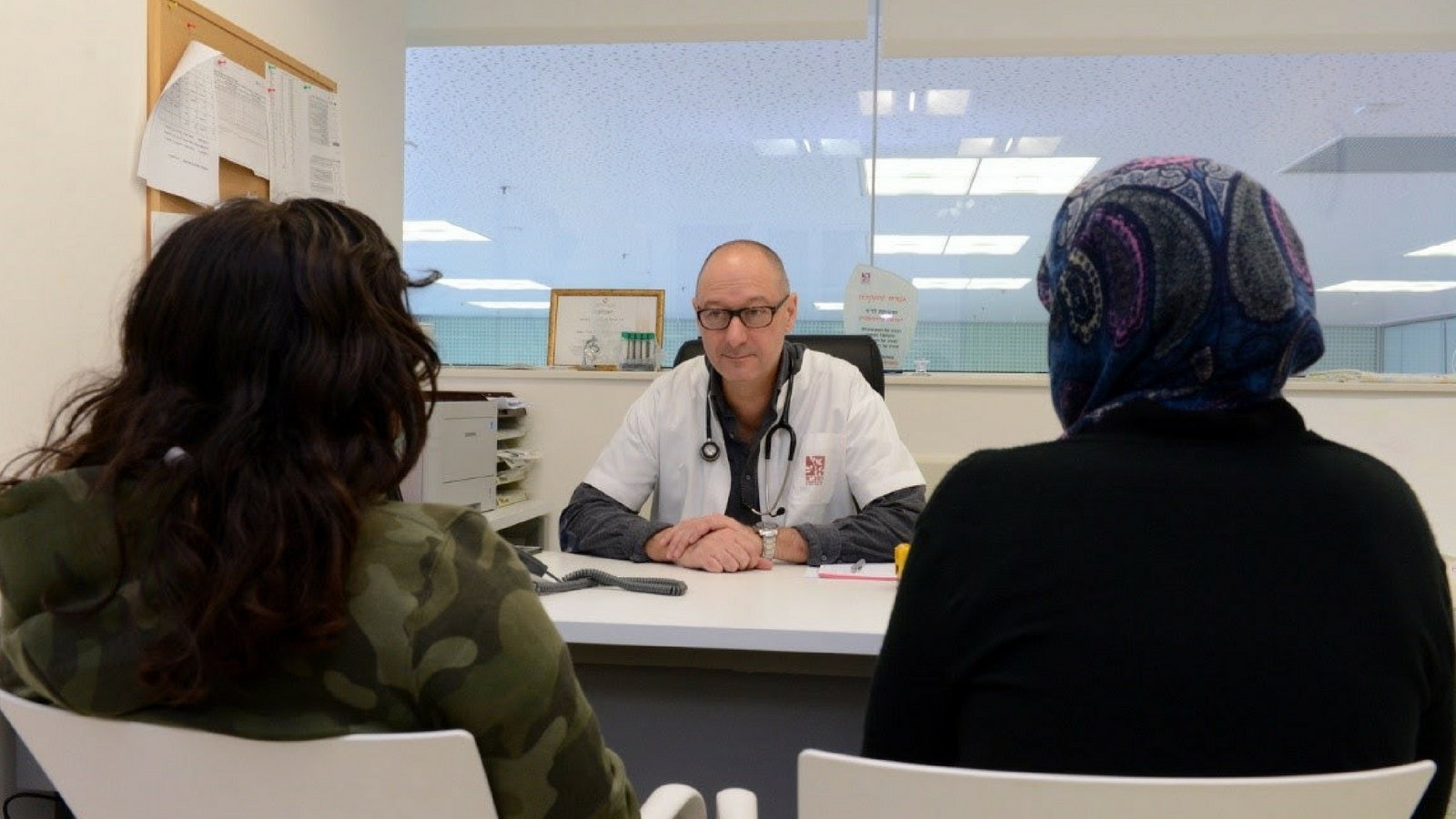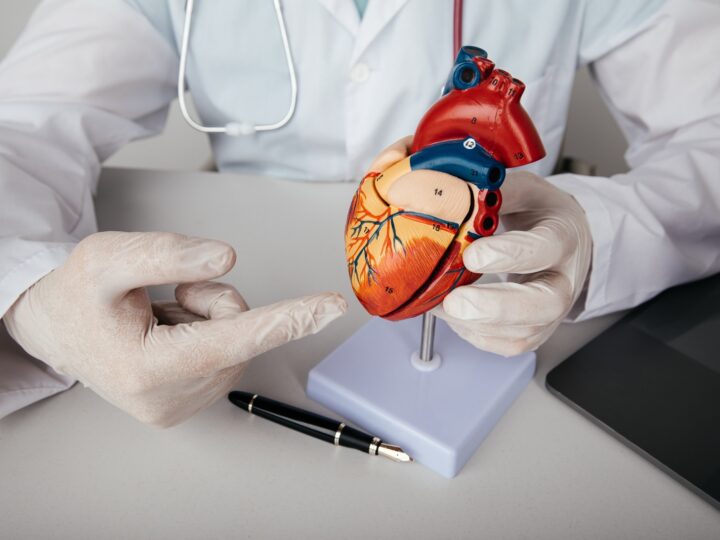A 13-year-old boy from the Gaza Strip received a lifesaving kidney donation from his brother, an undergraduate student in Algeria, in an operation performed at Rambam Medical Center in Haifa.
The result: a functional kidney, a reunion between family members, and proof that conflict doesn’t penetrate hospital doors.
It wasn’t the first time the boy, K., had traveled to Israel for treatment. He was born with a hereditary kidney defect, leading to hospitalizations and surgeries at Tel Aviv Sourasky Medical Center and Sheba Medical Center in central Israel.
His condition worsened in recent years. When he reached Rambam in May 2017, his kidney function was estimated at less than 20 percent.
The dilemma for his mother, a resident of Gaza and mother of six, was whether to start dialysis or to seek out a kidney donation from a relative. After compatibility tests for her and the boy’s 24-year-old brother, also from Gaza, were deemed unsuitable, they needed to look elsewhere for a lifesaving solution.
A complex plan was constructed to bring M., another brother, across the Mediterranean from Algeria to Israel, despite the lack of diplomatic relations between the two countries. He arrived through Jordan in mid-August and was reunited with his family after spending a long period apart. Testing by Rambam’s Pediatric Nephrology Institute deemed M. a suitable donor.
The successful surgery was performed in early November by Dr. Aaron Hoffman, director of the Department of Vascular Surgery and Transplantation, along with Dr. Ahmad Asaliyah, Dr. Ran Steinberg, Dr. Israel Eisenstein and Dr. Shirley Pollack.
“About one-third of all pediatric kidney transplants performed at Rambam since 2014 have involved children from the Palestinian Authority and Jordan,” said Richard Hirschhaut, National Executive Director at American Friends of Rambam Medical Center. “Rambam is both a place of healing and hope for a brighter future in the Middle East.”
Fighting for Israel's truth
We cover what makes life in Israel so special — it's people. A non-profit organization, ISRAEL21c's team of journalists are committed to telling stories that humanize Israelis and show their positive impact on our world. You can bring these stories to life by making a donation of $6/month.









